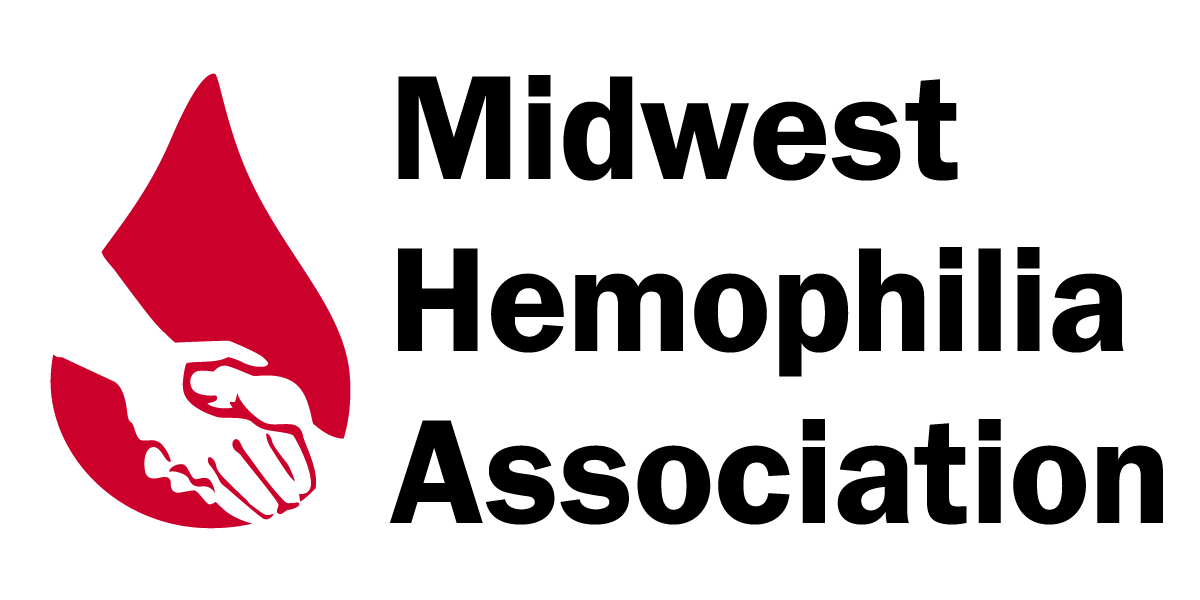Hemophilia is a rare, chronic bleeding disorder affecting about 20,000 people in the US. Patients require life-long infusions of clotting factor therapies that replace missing or deficient blood proteins, thus preventing debilitating and life-threatening internal bleeding. Hemophilia is extremely costly to treat – average costs of treatments for an individual with severe hemophilia can be $300,000 or up to $1 million if an inhibitor develops.
At least 800 Missourians and 200 Kansans have been diagnosed with Hemophilia, von Willebrand disease and other bleeding disorders. These rare, chronic bleeding disorders require a lifetime of treatment. There is no cure for the disorders; however there are treatments that allow individuals with these disorders to live reasonably normal lives.
People living with these condition lack normal or produce defective proteins in their blood. Today the preferred method of treatment is intravenous injection or infusion of prescription blood clotting products. Physicians prescribe clotting products made from human plasma or recombinant (genetically engineered) products to treat these disorders. These therapies are high impact, high-value treatments that protect lives and improve the quality of life for these individuals.
Unlike large scale chemical compound drugs where there is a “one size fits all” approach, plasma protein therapies and recombinant clotting products used to treat bleeding disorders are not interchangeable and affect each individual differently. It is not uncommon for an individual with one bleeding disorder to react quite well to one brand of medication and manage their disorder, while with another bard face adverse conditions and unsuccessful treatment.
Without proper management, bleeding disorders like hemophilia and von Willebrand disease can be crippling, life-constraining, and even fatal. Uncontrolled bleeding causes pain, destroys joints, and damages muscles, organs and nerves.
Women are especially impacted by von Willebrand disease because of the relationship to reproductive issues. These problems include heavy menstrual bleeding (menorrhagia), bleeding and clotting complication of pregnancy, and recurrent fetal loss. It is estimated that 1% – 2% of the U.S. population have von Willebrand disease, and as many as 117,000 Missourian may be affected.
Access to and qualified administration of blood clotting products which cost $60,000 to $150,000 per person per year save lives, prevents disabilities, and produces cost-effective health outcomes by reducing complications. It is critical that the care available to people living with bleeding disorders meet medically-endorsed treatment standards.
